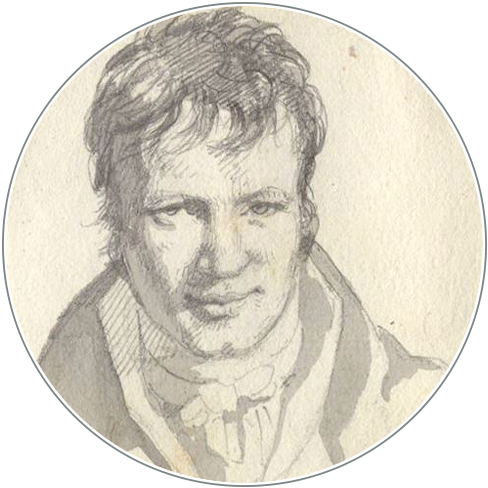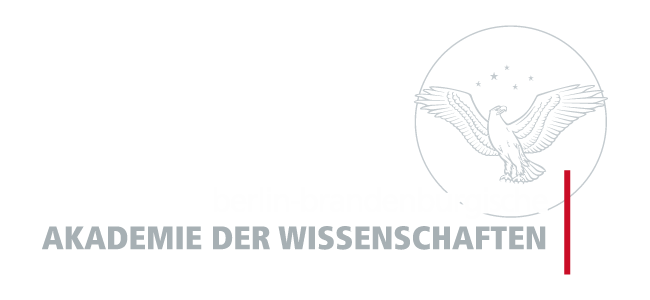„... daß einem leid tut, wie er aufgehört hat, deutsch zu sein“ - Alexander von Humboldt, Preußen und Amerika
DOI:
https://doi.org/10.18443/28Keywords:
1799-1804, Kosmopolit, WeltbürgerAbstract
Abstract
Within the context of the recent „Prussia Tricentennial 2001“, this paper encourages a different view of Prussia by offering a new look on the writings and activities of one of its most famous citizens, Alexander von Humboldt. Starting with the traditional (and problematic) image of Prussia focussed on the Hohenzollern and, above all, Friedrich II, it highlights the problems between Prussian and German historiography on one side, and the author of „Cosmos“ and his world-wide prestige on the other. Interestingly enough, the tensions or misunderstandings between Alexander and his home country can be dated back to the Humboldt family, i.e. to Wilhelm from Humboldt who noted, in a letter to his wife, how his brother had „stopped to be German“. Alexander von Humboldt's cosmopolitanism and the characteristic development of his scientific conceptions, building a globalized and globalizing praxis based upon a scientific network and continous comparisons in global scale, allow us to discover new dimensions in Humboldtian science and thinking as well as promising perspectives for understanding Alexander von Humboldt's role and significance for transdisciplinary science today -and a different view of Prussia and cultural identity in Europe beyond the well-known stereotypes.
Downloads
Published
How to Cite
Issue
Section
License
Copyright (c) 2002 Ottmar Ette

This work is licensed under a Creative Commons Attribution-NonCommercial 4.0 International License.
HiN operates under a Creative Commons-Licence (CC BY-NC 4.0), which permits the reproduction of articles, free of charge, for non-commercial use only and with the appropriate citation information. All authors publishing with HiN accept these terms of publication.
Authors retain the copyright for their articles and reviews. Copyright of the layout and design of HiN articles remains with the journal and cannot be used in other publications.








